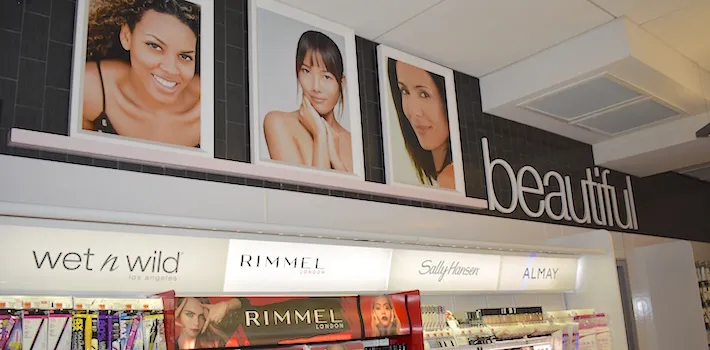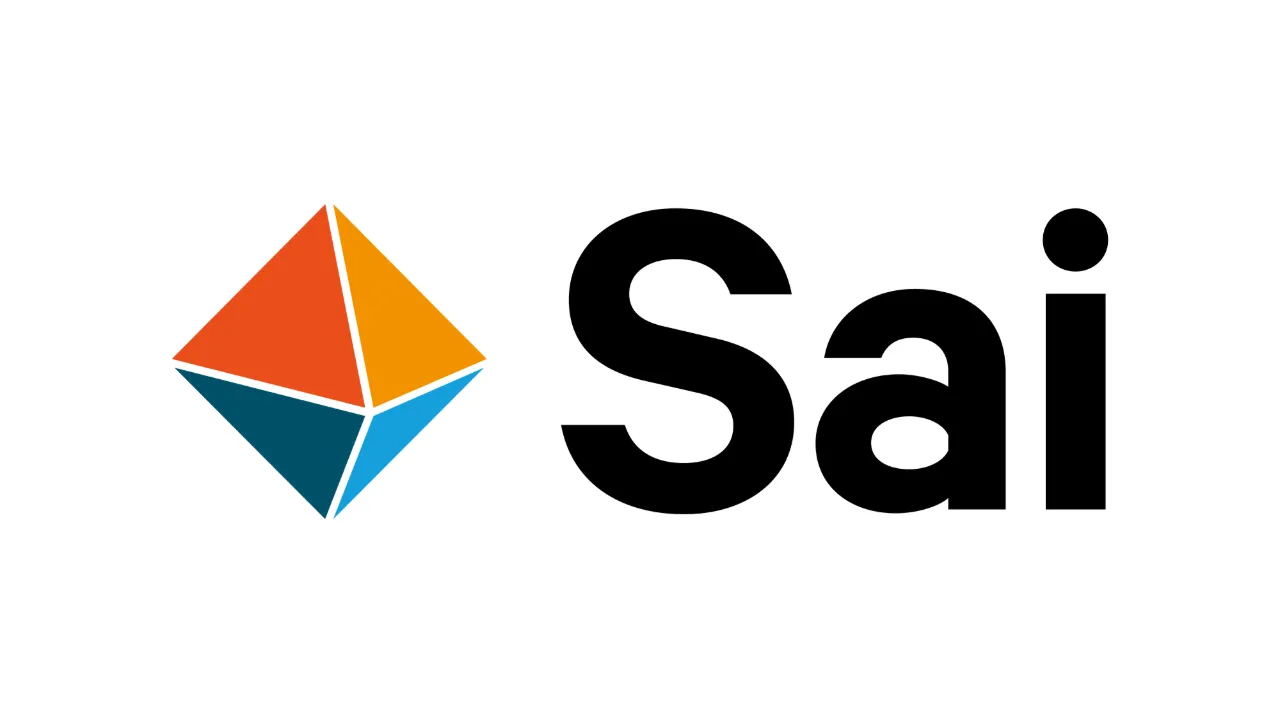TORONTO — Canada’s largest retail pharmacy, Shoppers Drug Mart (SDM), is set to become a licensed dispenser of medical marijuana, pending approval from Health Canada, the Canadian government’s department of public health.
In anticipation of that approval, medical marijuana producer MedReleaf recently said it has signed an agreement with SDM to become a medical cannabis supplier to the chain. The announcement comes on the heels of Canadian medical marijuana supplier Aphria’s agreement to supply SDM with medical cannabis to be sold online — Canadian regulations do not currently allow for the sale of medical cannabis in retail pharmacies.
With more than 1,200 stores, the drug store chain is the largest in Canada, and it had applied for a license to sell medical cannabis before. Galen Weston, executive chairman and president of Loblaw Cos., which is SDM’s parent company, had previously expressed his support for the idea. At Loblaw’s annual meeting in 2016, he said that pharmacies are in the best position to dispense the drug safely and effectively.
“We’re an industry that is extremely effective at managing controlled substances,” he said, adding that allowing in-store marijuana dispensing “gives pharmacists the opportunity to work directly in real time with patients as opposed to doing it through the mail, working on their doses and making sure it actually has the therapeutic effect that it is intended to have.”
If given the green light, the SDM/Aphria deal would last five years with a requirement for the drug store to purchase a minimum amount of cannabis every year, according to Aphria’s chief executive officer, Vic Neufeld.
“We have an impeccable record cultivating and producing high-quality, medical-grade cannabis,” Neufeld said in a statement. Aphria was one of the first firms granted a Health Canada license to cultivate and sell medical cannabis when the department first launched its cannabis regimen in 2013.
Analysts have estimated the potential value of the recreational cannabis market in Canada at upwards of $5 billion ($3.75 billion U.S.).






